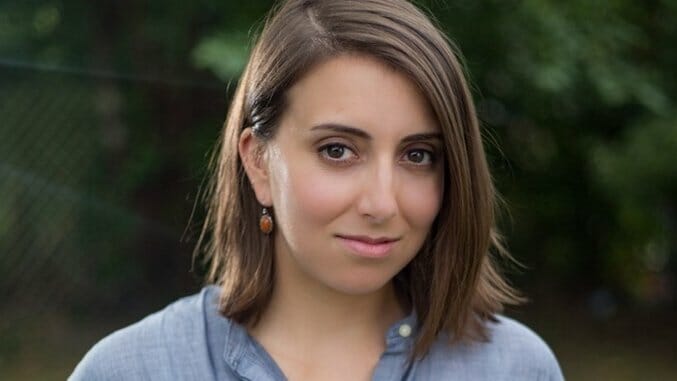Jessica Chiarella Explores Identity and Cloning in Her Stunning Novel And Again
Author Photo by Shane Collins
What would you do if you had a second chance at life?
In Jessica Chiarella’s debut novel, four terminally ill patients receive a miracle cure—at a price. As participants in a revolutionary program called SUBlife, each person’s memories are transferred into a genetically perfect replica of his or her body. Cured but forced to relearn the skills they’ve possessed since childhood, the four grapple with the ramifications of reentering life in an unfamiliar body.
And Again delivers a stunning journey challenging the nature of identity, weaving four stories into a cohesive narrative. You’ll meet Hannah, an artistic prodigy, David, a congressman, Connie, an actress, and Linda, a wife and mother who lived completely paralyzed for eight years. As Chiarella gradually reveals the characters’ pasts in tandem with their present courses, she illuminates the reality that their bodies—and our own—determine identity far more than expected.
Paste caught up with Chiarella to discuss how seeking a cure for cancer inspired SUBlife, the challenges of writing a paralyzed character’s recovery and what she’s working on next.
![]()
 Paste: What sparked your imagination to write And Again?
Paste: What sparked your imagination to write And Again?
Jessica Chiarella: It was really the culmination of a lot of ideas that I’d been walking around with for a while before I began to write. Ideas about how much of a person’s identity is derived from their body and the way beauty functions within our society have never been far from my mind, particularly when I was a bit younger. But the idea for SUBlife actually came to me when I was thinking about what a cure for cancer might look like—and how it might be something completely unexpected, instead of the right pill or the right diet or the correct combination of treatments. So being able to synthesize all of these seemingly disparate ideas—about beauty, about the body being a physical record, about how serious illness impacts identity—it had so much possibility. I had to write about it.
-

-

-

-

- Curated Home Page Articles By Test Admin October 21, 2025 | 3:10pm
-

- Curated Home Page Articles By Test Admin October 21, 2025 | 2:57pm
- Urls By Test Admin October 21, 2025 | 2:57pm
- Curated Home Page Articles By Test Admin October 21, 2025 | 2:55pm
-

-

-

-

-

-

-

-

-

-

-

-

-

-

-

-

-

-

-

-

-

-

-

-

-

-

-

-

-

-

-




































